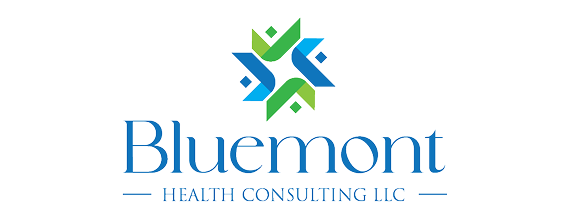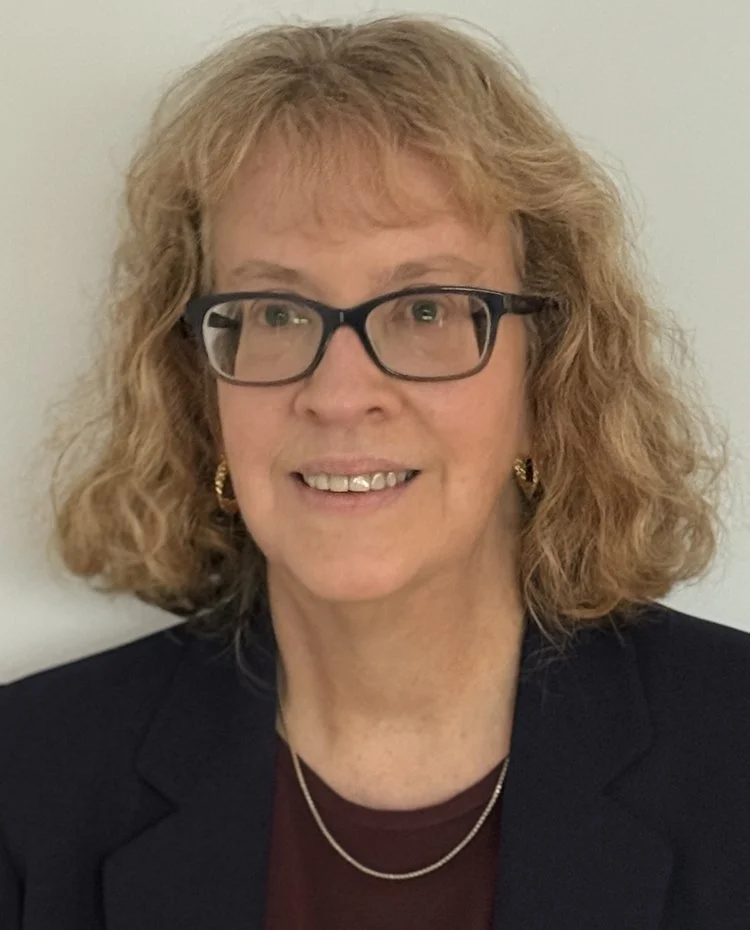Suzanne Felt-Lisk, MPA
CEO and Sr. Strategy Consultant
Suzanne (Sue) Felt-Lisk brings over three decades of experience leading projects that support healthcare clients in accelerating their progress and adapting to a changing landscape. Previously a Principal Researcher with Mathematica, Sue’s depth and breadth of knowledge of the healthcare system and health policy allows her to quickly interpret emerging issues in a broad context. Her projects have centered on providing clients with usable and actionable information to achieve their goals.
Sue tailors her approach to the needs of each client. She is a skilled facilitator and interviewer, has designed dozens of surveys and discussion guides to gather information for clients, and has conducted a wide range of qualitative and quantitative analyses. She leverages frameworks, uses qualitative analysis tools and software (such as NVivo), and applies descriptive statistical methods.
Sue is an expert in producing written reports and presentations. Some are confidential, supporting clients in their program and policy refinement, while many have been published online for public dissemination. She has published more than 20 articles in peer-reviewed journals.
Sue enjoys collaborating with clients, their key partners, and expert clinicians to consistently produce high-quality work on time and on budget. Her clients have included medical associations (AMA, IDSA, ACPM), federal agencies (CMS-CCSQ, HRSA, AHRQ), and foundations (KFF, CDC Foundation, Peterson Center on Healthcare, Commonwealth Fund, California Healthcare Foundation).
The projects have addressed a wide range of high-priority and emerging topics, such as:
Strategies for accelerating progress of quality and patient safety improvement programs,
Increasing understanding of effective implementation and use of health IT,
Providing support to medical associations on challenging and emerging issues, and
Assessing the implications of managed care for the safety net, Medicaid quality improvement, and rural healthcare.
Martha D. Kovac, MPH
Partner and Sr. Strategy Consultant
Martha Kovac brings three decades of experience designing and fielding surveys on projects that support healthcare clients in accelerating their progress and adapting to a changing landscape. Previously a Principal Survey Researcher at Mathematica, Martha has developed hundreds of surveys and data collection plans based on knowledge of existing survey instruments or through targeted research, development, and testing of new content. She has led the fielding of these surveys, overseeing all aspects from design, programming and pretesting, sampling, recruiting and engaging survey subjects, to monitoring data quality, cleaning, analysis and reporting of results.
Martha’ s depth and breadth of survey knowledge allows her to identify the best survey mode and methods to deploy with a particular population to achieve the highest response. Many of her surveys are confidential to clients, supporting them in program and policy refinement, while others have been published online.
Martha enjoys collaborating with clients and colleagues to consistently produce high-quality products on time and on budget. Her clients have included medical associations (AMA, AAA, AAOMS, ACA, AND, AOA, AOTA, APA, APMA, APTA, ASLHA, CAP), federal clients (SSA, CMS, AHRQ), states and local government (California Department of Health Care Services, Los Angeles County, San Mateo County), and foundations (Robert Wood Johnson Foundation (RWJF), David and Lucille Packard Foundation, Bill and Melinda Gates Foundation).
The projects have addressed a wide variety of client needs, such as:
Gathering updated practice revenue and expense data to support a long overdue update to the resource-based relative value scale (RBRVS) used by Medicare and other payors.
Assessing the effects of CMS quality improvement and reporting programs, through large-scale surveys of hospitals and nursing homes, and site visits, focus groups, and cognitive interviews.
Learning city, state, and organization leaders’ attitudes and beliefs about what shapes health and wellbeing in their communities to serve as a baseline for future health promotion efforts.
Conducting user testing of CMS web tools with beneficiaries and resource use reports with physicians.


